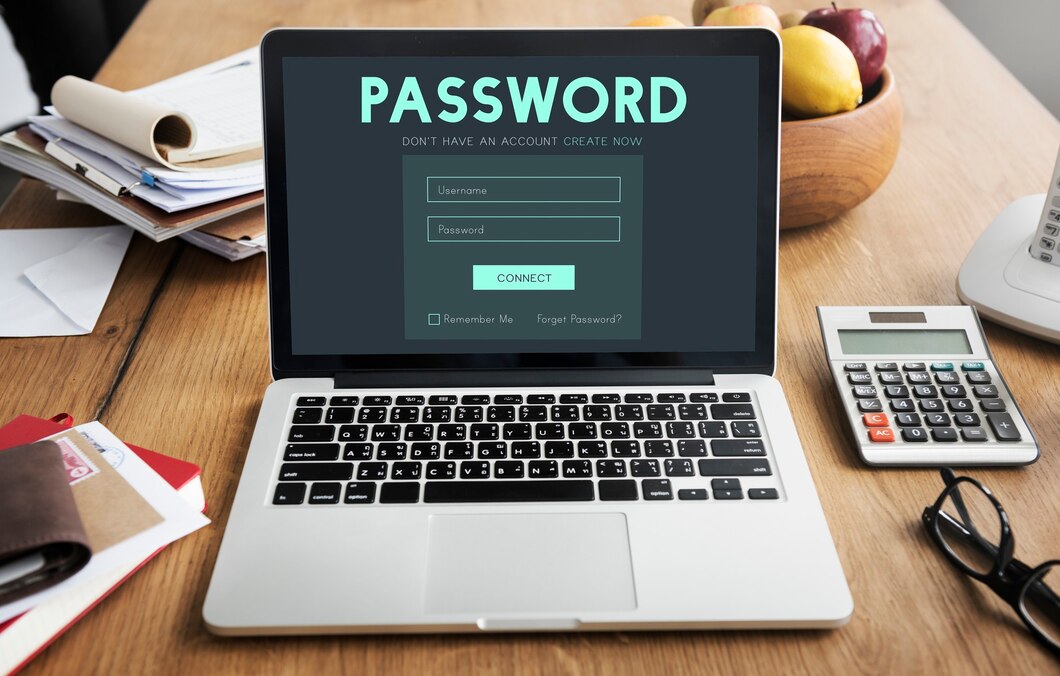In a world where our lives are increasingly tied to the internet, online security is more important than ever. Yet, many people still use weak passwords that make them easy targets for hackers. Among these, the 773rd most common password serves as a stark reminder of how careless we can be when it comes to safeguarding our digital lives.
But what exactly is this password, why does it matter, and how can you protect yourself? This article dives deep into these questions, offering practical advice and insights to help you stay secure online. Let’s get started!
Passwords like the 773rd most common password might seem harmless at first glance. However, they are prime targets for hackers who rely on tools like “password dictionaries” to crack accounts.
Hackers use databases of leaked passwords ranked by popularity to guess login credentials. The 773rd most common password is likely in such a database, making it a vulnerable choice.
Using a common password can result in:
- Compromised Accounts: Once one account is hacked, others can follow.
- Identity Theft: Personal data can be stolen and misused.
- Financial Losses: Hackers can gain access to bank accounts and other financial information.
While the specific password changes over time based on updated databases, it’s often a short, simple, and easily guessed word or number combination. Examples from similar rankings include:
- Sequential numbers (e.g.,
123456) - Names (e.g.,
Ashley,Michael) - Generic terms (e.g.,
password,qwerty)
If your password resembles these, it’s time for a change.
- Convenience Over Security: Many people prioritize remembering their passwords over making them secure.
- Underestimating Risks: Some think, “Why would anyone want to hack me?”
- Default Options: Passwords set during sign-up often remain unchanged.
A strong password is your first line of defense against cybercriminals. Follow these tips to secure your accounts:
Include uppercase and lowercase letters, numbers, and symbols. For example: P@ssw0rd2024!.
Stay away from sequential numbers or keyboard patterns like 12345 or qwerty.
Aim for at least 12 characters. Avoid reusing passwords across different accounts.
Password managers can generate and store complex passwords for you, making them easy to use without memorization.
Even with a strong password, adding an extra layer of security is essential. Two-Factor Authentication requires a secondary form of verification, such as:
- A code sent to your phone.
- Biometric verification (fingerprint or facial recognition).
- A dedicated authentication app.
If you suspect that your password might be on a list like the 773rd most common password, here’s what to do:
- Change It Immediately
Create a new, stronger password using the tips above. - Check for Data Breaches
Use tools like Have I Been Pwned to see if your credentials have been leaked. - Update Security Settings
Enable 2FA and review account activity for suspicious behavior.
The 773rd most common password is more than just a ranking; it’s a warning about the dangers of weak passwords. Protecting your online accounts doesn’t have to be complicated, but it does require vigilance. By creating strong passwords, using tools like 2FA, and staying informed, you can significantly reduce your risk of falling victim to cyberattacks.
1. How do hackers find common passwords?
Hackers use leaked databases and password-cracking tools to identify and exploit common passwords.
2. Is it safe to use password managers?
Yes, reputable password managers are secure and can help you generate and store strong passwords.
3. What should I do if my password has been leaked?
Change it immediately, enable 2FA, and check for unusual activity on your accounts.
4. How often should I change my passwords?
Aim to update your passwords every six months or after any suspected breach.
5. Are longer passwords always better?
Yes, longer passwords are generally harder to crack, especially when combined with varied characters.
